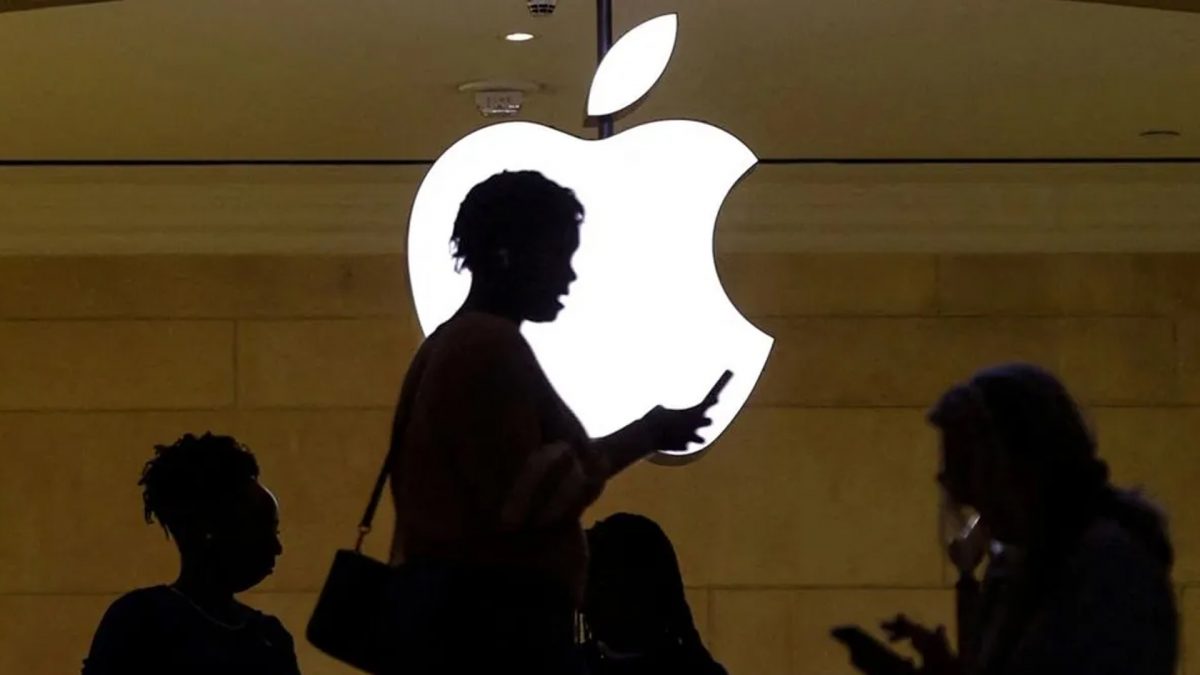Tech
Brazilian federal judge overturns Apple’s antitrust case, calls it ‘disproportionate,’ regulators to appeal
)
Brazil’s CADE’s ruling earlier this year demanded that Apple allow third-party payment options and remove its anti-steering policies within 20 days, threatening substantial fines for non-compliance
read more
Apple’s legal tussle with Brazilian antitrust regulators has taken a twist as a federal judge overturned a recent ruling against the tech giant.
The decision, which labelled Apple’s practices around payments and anti-steering as anti-competitive, was deemed “disproportionate” by Judge Eduardo Santos da Rocha Penteado of the 14th Federal Civil Court. However, regulators are gearing up for an appeal, keeping the case far from resolved.
The origins of the case
Back in 2022, Brazil’s competition watchdog, Conselho Administrativo de Defesa Econômica (CADE), launched an investigation into Apple following antitrust complaints. These centred on Apple’s restrictions on external payment systems and anti-steering rules, echoing similar criticisms faced by the company in the US and Europe. CADE’s ruling earlier this year demanded that Apple allow third-party payment options and remove its anti-steering policies within 20 days, threatening substantial fines for non-compliance.
Apple, unsurprisingly, opposed the decision and signalled its intent to fight the case. Shortly after issuing a statement, it caught a break when Judge Penteado overturned the ruling, citing a lack of competition and the impracticality of the tight timeline as reasons.
What the overturned ruling means for Apple
While the judge’s decision offers temporary relief for Apple, it doesn’t entirely dismiss the underlying concerns. The judge acknowledged that regulatory action is necessary but argued that CADE’s original demands were overly strict and rushed. By voiding the earlier ruling, the court effectively hit pause on CADE’s efforts, giving Apple more breathing room to respond.
Regulators, however, are unlikely to let this case fade quietly. CADE is expected to refile its complaint, potentially with adjusted timelines or less rigid demands. The agency has been adamant about curbing Apple’s control over payment systems, and its persistence ensures that the case will continue to unfold.
A familiar path for Apple
This isn’t Apple’s first brush with such issues. The company has already made changes to its App Store policies in the US and EU to address similar concerns, introducing limited third-party payment options and relaxing anti-steering measures. It’s likely that Apple will take a comparable approach in Brazil—eventually. However, the tech giant is known for fighting such battles tooth and nail, preferring courtroom victories over capitulation.
As appeals and legal manoeuvres drag on, the outcome of this case could set a precedent for how regulators in emerging markets handle Big Tech’s influence, keeping Apple and its rivals closely watching the developments.










